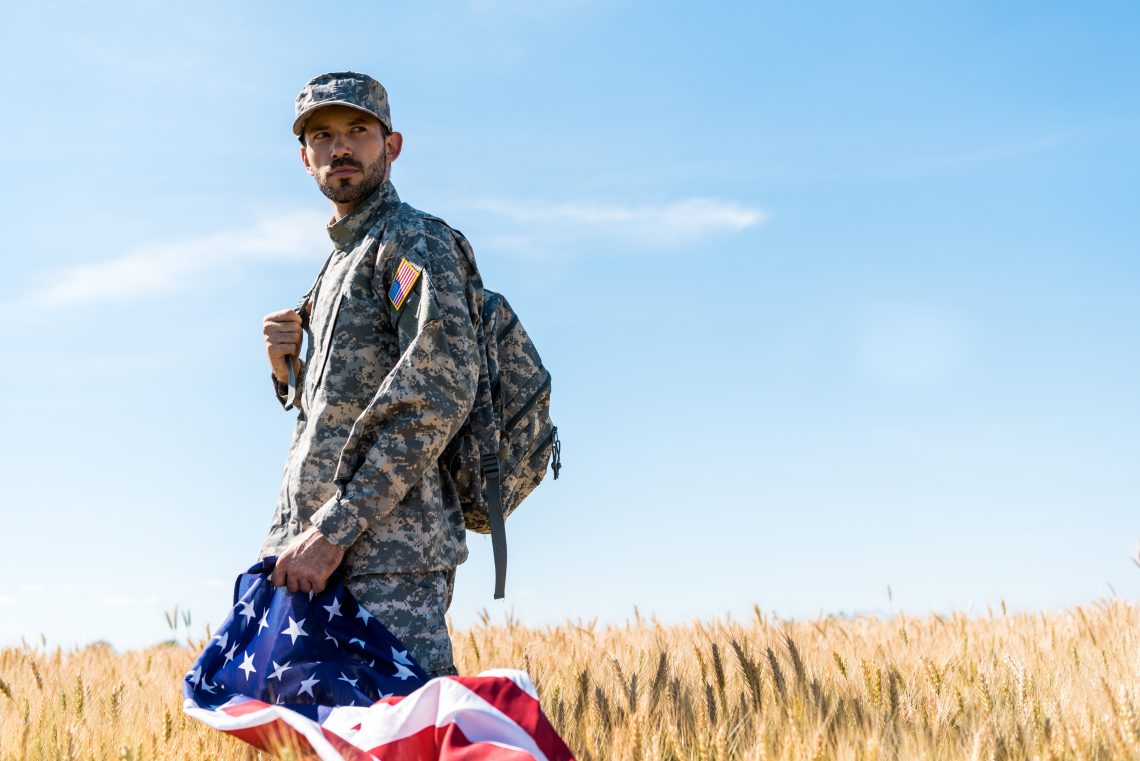Topics That are Hard to Discuss With a Veteran
Many veterans have endured traumatic events during their service that can lead to mental health struggles like post-traumatic stress disorder (PTSD), depression, or anxiety. Talking about combat experiences or losing fellow service members can be painful for some. Substance abuse may develop as an unhealthy coping mechanism. Some veterans deal with survivor’s guilt if they have lost friends in combat.
Discussing politics around wars veterans served in or the VA healthcare system can also be sensitive, as veterans may have strong opinions. It’s important to let veterans share only what they are comfortable with and provide them with resources if they are struggling. With compassion, we can support veterans dealing with the unseen wounds of their service and honor their sacrifices. Why are these topics hard to discuss? Why is mental health for veterans so important?
Combat Experiences
Photo by on Pexels
Many veterans have seen or experienced things during combat that most people cannot comprehend. Discussing the details of combat or their specific experiences can force veterans to relive traumatic events. It’s often best not to ask for specifics unless the veteran opens up willingly. Let them share what they are comfortable with, and don’t pry for more. Focus instead on how their experiences shaped them or affected their worldview.
PTSD and Mental Health
Veterans often struggle with post-traumatic stress disorder (PTSD) and other mental health issues. However, many veterans are private about their struggles and may not want to burden loved ones. Don’t insist they open up about PTSD or mental health unless they want to talk. Instead, create an environment where they feel safe and supported. Make it clear you are available to listen without judgment when they are ready.
Civilian Life Adjustments
Transitioning from military to civilian life can be an extremely difficult adjustment for many veterans. They may suddenly feel disconnected, without the built-in community and camaraderie of military service. Some veterans feel alienated or like outsiders in their own country after separation. The adjustment process is different for every veteran. Some adapt seamlessly while others struggle for years to feel comfortable in post-military life.
As a civilian, it’s important not to make assumptions about how a veteran is adjusting. Instead, focus on patience, inclusion, and understanding as they navigate this challenging transition. Offer an open ear and make it clear you want to support them during this often lonely and disorienting shift.
Politics and Controversial Conflicts
Photo by on Pexels
Veterans have very diverse political views and opinions on the wars or conflicts they served in. Debating the merits of a particular war or political agenda can feel invalidating. Avoid heated conflict-related debates unless the veteran engages willingly. Respect that their perspectives are shaped by experiences you can’t fully understand. Political and philosophical discussions are fine with care, empathy, and open-mindedness.
Loss of Fellow Service Members
Many veterans have lost close friends in combat or training accidents. Fallen unit members feel like family. The sudden traumatic loss of wartime comrades haunts many veterans forever. Don’t probe about how many they lost or demand details about what happened. Allow them to share loss on their terms. If they do open up, listen with compassion about the magnitude of that sacrifice and what cherished friends meant to them.
Handling heavy topics like trauma, mental health, loss, and political views with sensitivity is key to discussing difficult issues with veterans. Let them share willingly, meet them with empathy, and focus more on listening rather than probing. This shows them they are respected, understood, and not alone as they navigate complex post-military life.
Read more lifestyle and relationship articles at ClichéMag.com
Images provided by Deposit Photos, BingAI, Adobe Stock, Unsplash, Pexels, Pixabay & Creative Commons





